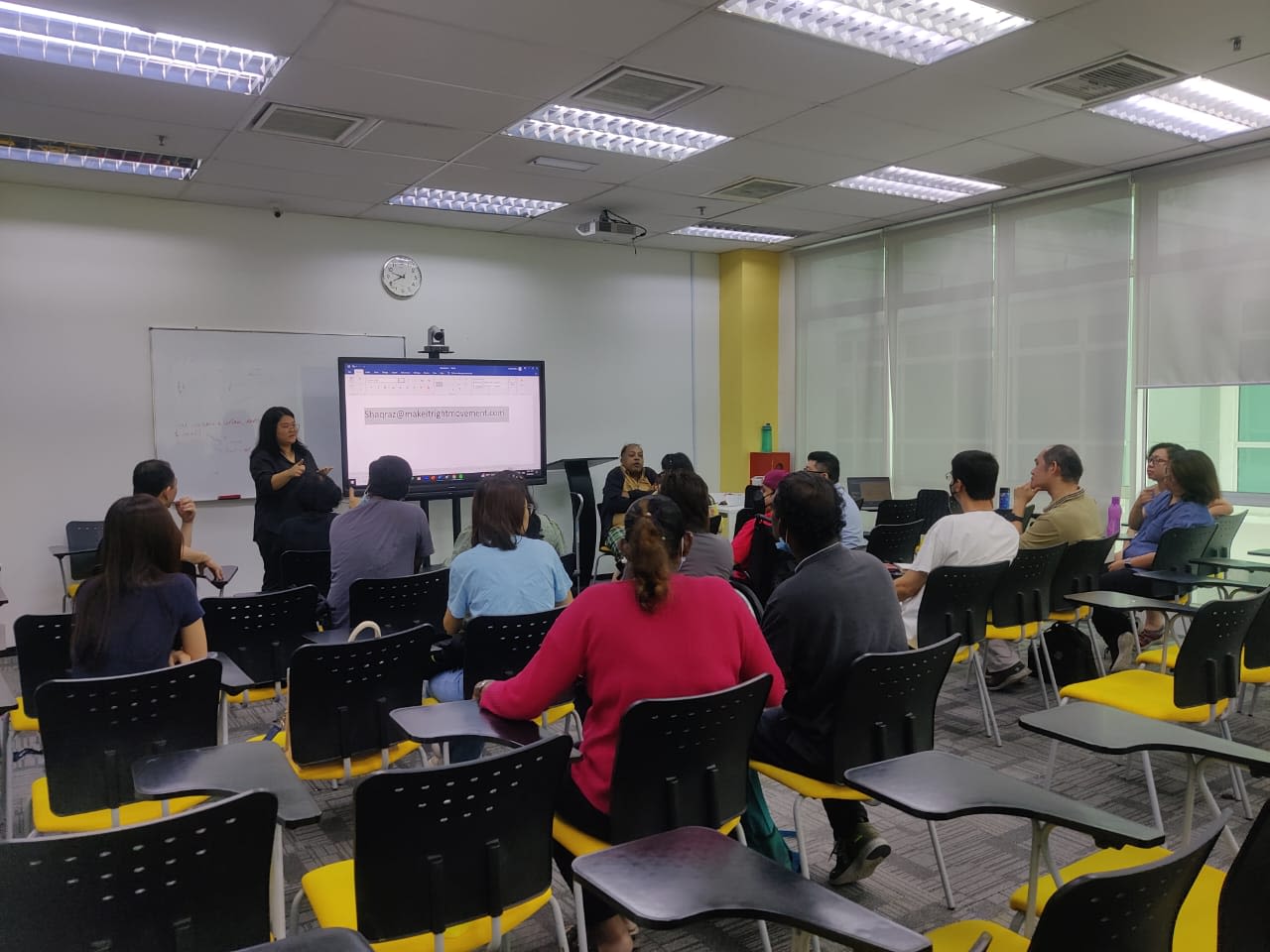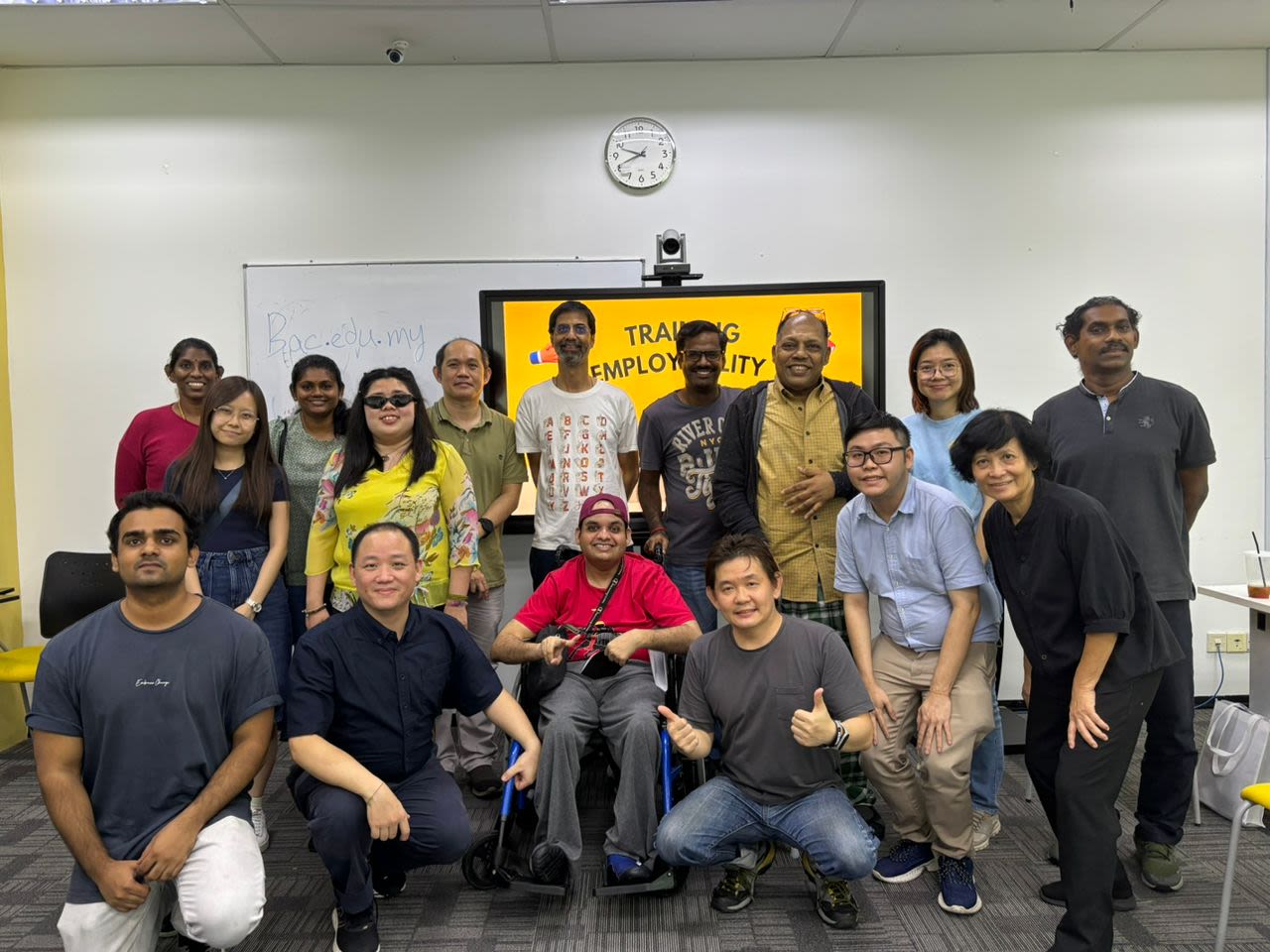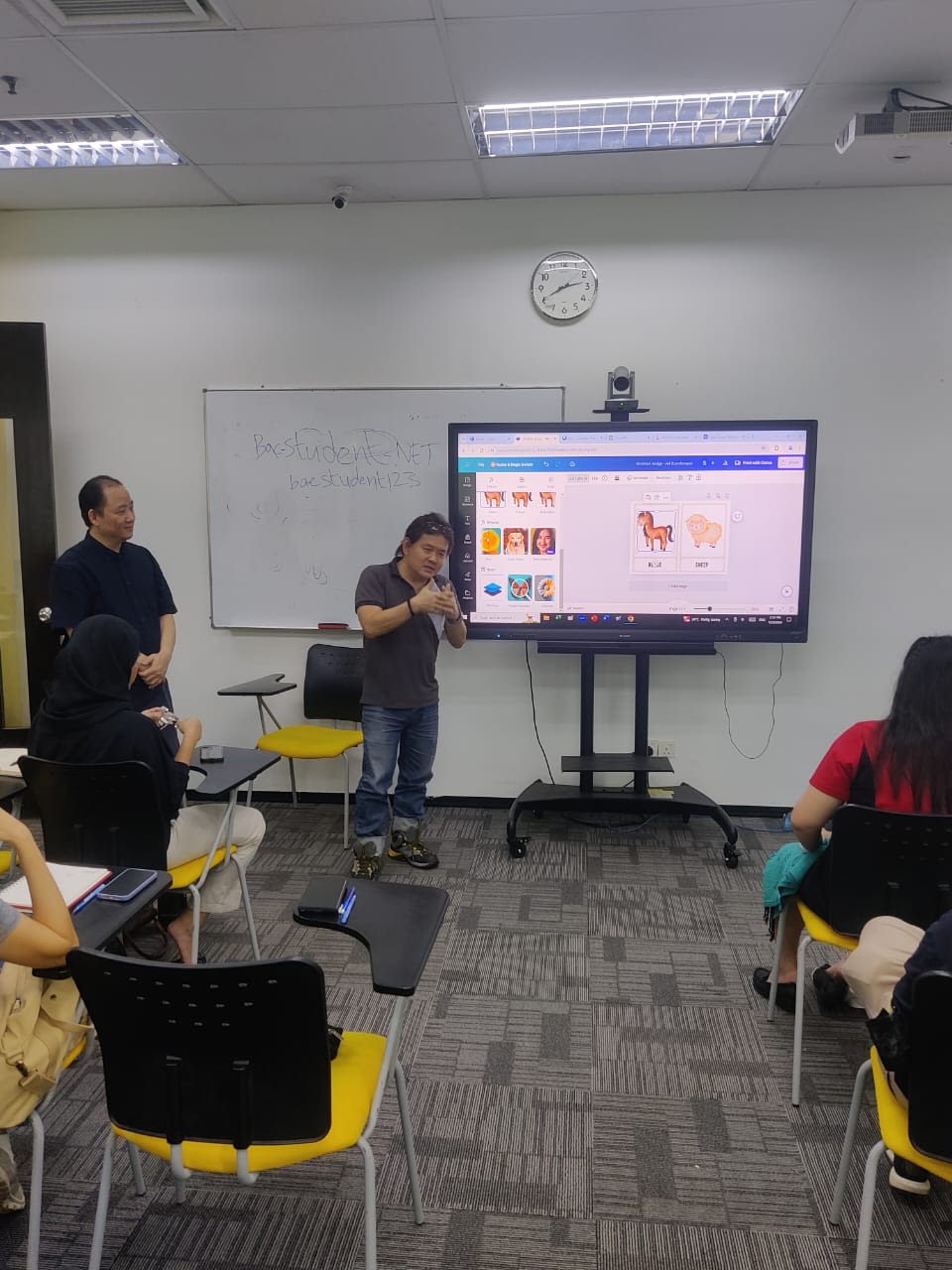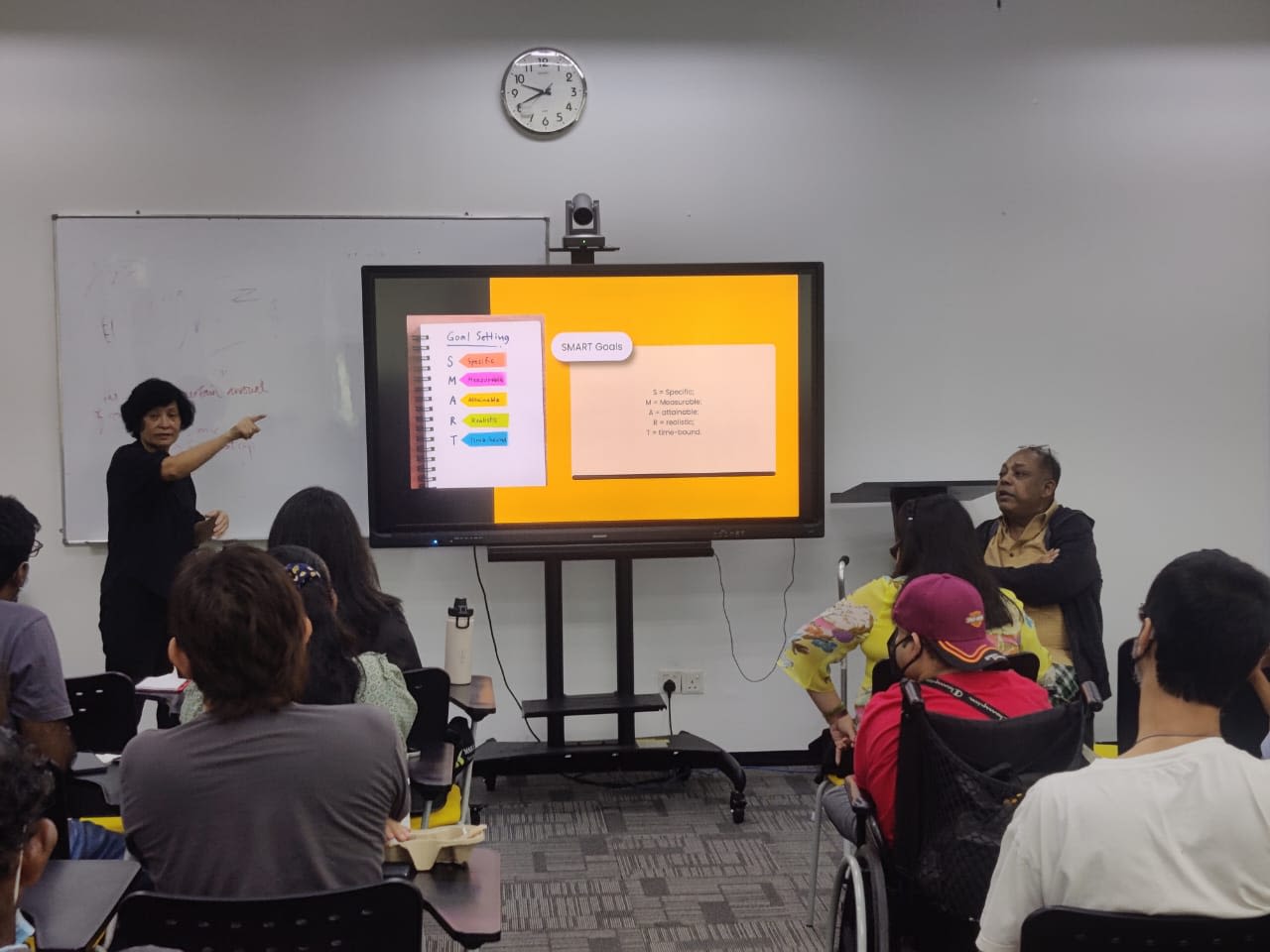Employability Workshop for the Deaf by MIRM

“There is no greater disability in society, than the inability to see a person as more.” – Robert M. Hensel
It is a core principle of the Make It Right Movement (MIRM) that every person should be awarded the equal opportunity in seeking employment, despite the fact they may be living with some sort of disability. However, as noted by Amanda Kong, Community Development Manager of MIRM, it is the sad truth that not every person or even organisation has the same sentiments, as some may view Persons with Disabilities (PWDs) as additional costs/burdens due to the fact it takes additional steps, precautions, facilities and/or other expenses in order to make a place safe and accessible for PWDs.
As such, to better equip members of the marginalised communities with the skills to seek and obtain employment opportunities, MIRM organised and conducted a series of Employability Workshops for Persons with Disabilities (PWDs), this time, specifically targeted to those who were deaf. In these workshops, which are approximately 6 hours long, participants are trained and taught how to apply for employment opportunities, along with the problems that they may face in seeking employment, and how to overcome them.
On 26th May 2024, MIRM's Employability Workshop for the Deaf which was held at the BAC PJ Campus, Brickfields Asia saw 18 participants being taught the basics on how to apply for employment, which included sessions on how to create a professional resume or CV and how to do well in a job interview. Lead trainer, Brian Lariche (who is also the CEO of MIRM) also provided a few sessions explaining how participants could brand themselves and know their rights and responsibilities when being employed.
Lucy, one of the sign-language interpreters for the workshop, said that the workshop was very insightful and beneficial to the deaf community and that the examples provided are “practical and relevant to the 21st century” in assisting them to obtain employment, especially due to the technology changes in modern society. Lucy further said that it was nice to see them be exposed to concepts such as body language, effective communication and personal branding, which will help them upskill themselves and seek employment. Lucy further expressed that she looks forward to working with MIRM for other capacity building programmes in the future.
Amanda further said that she is currently working on further modules for the Employability Workshop to cover other aspects of seeking and maintaining employment, and is also in the midst of looking for other communities or groups that are keen in organising these Employability Workshops.



